Application Segment
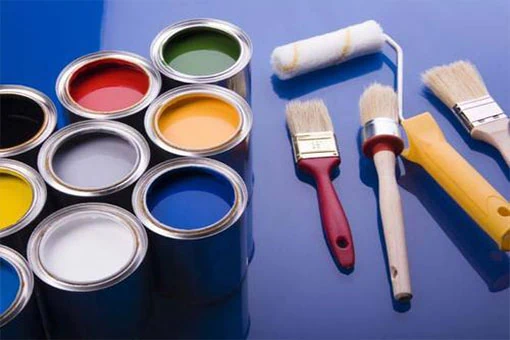
Paints Industry
It improves durability, prevents cracking and enhances smoothness of paints.
It helps control gloss, fights rust (anti-corrosive), prevents cracking, and enhances smoothness. Pigment control and stability are also applications that talc adds to paint and coatings.
Ceramics Industry
The glazing and bodies of the ceramics rely on talc to give ceramics their gloss, whiteness and shape
Dinnerware, Sanitary ware, Tiles, Porcelain, and Electrical insulation are all part of ceramics made with talc. It is also used as a flux and to control thermal expansion – particularly in catalysts and particulate filters.
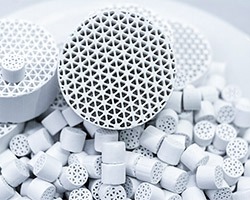
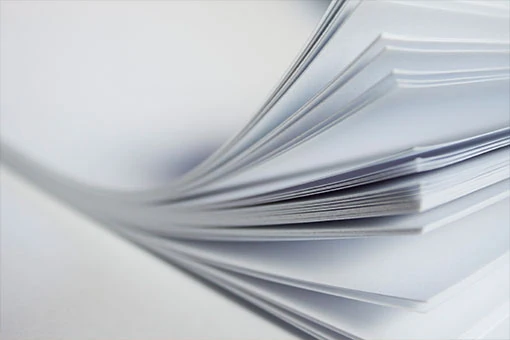
Paper Industry
It is used as filler and coating for paper products. Furthermore, talc helps control the paper’s pitch while the paper is being processed. It improves paper smoothness, water retention in certain papers, and printability and runnability for coated papers.
Additives in Foods
Talc coats some foods such as Chewing Gum, Candies, as an anti-sticking agent.
Olive Oil Processing: To improve oil extraction & clarity.
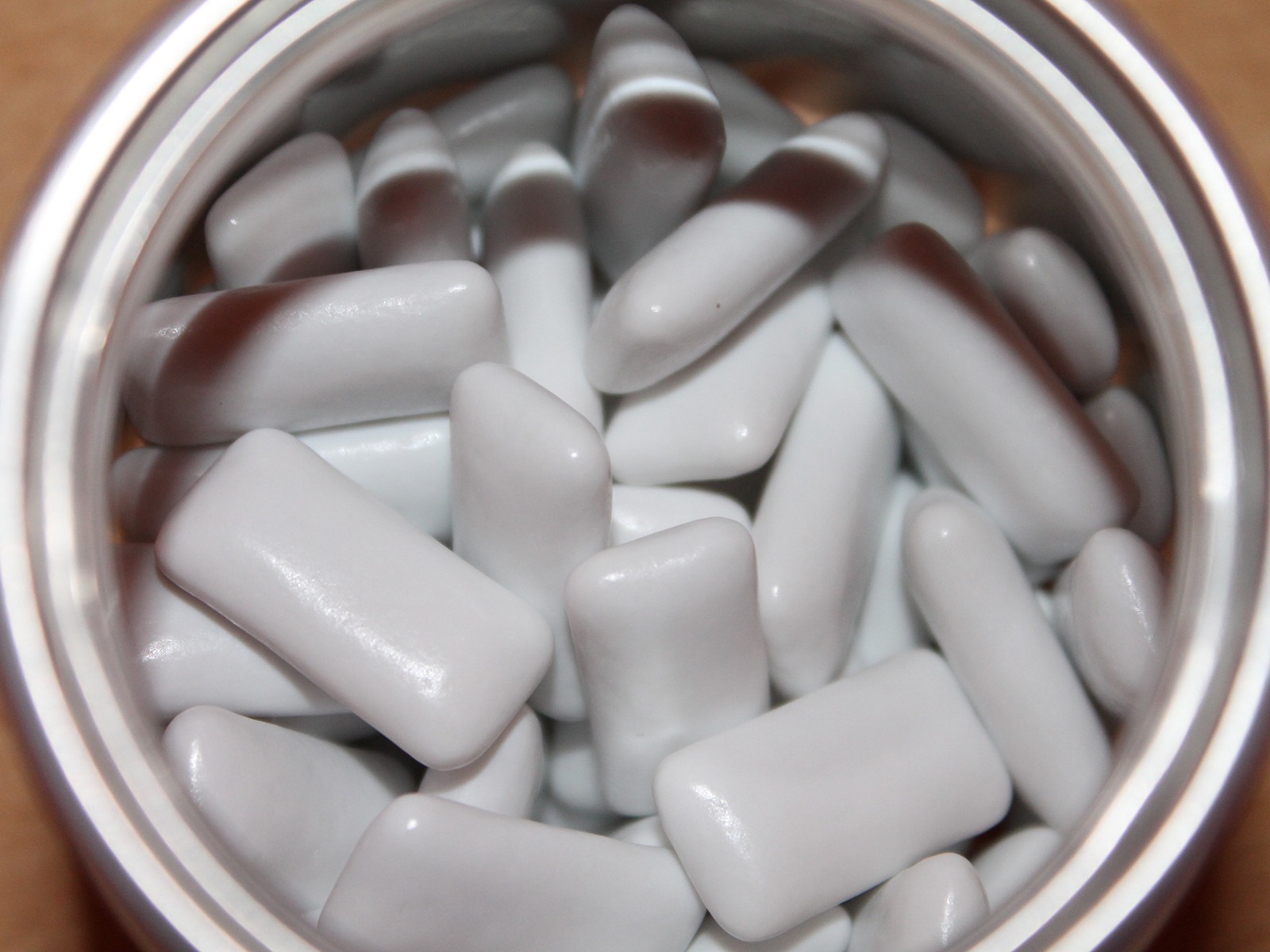
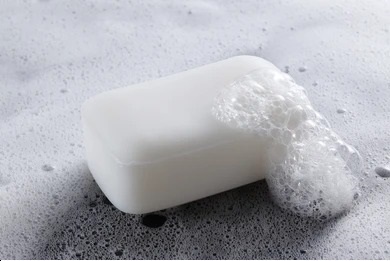
Soap Industry
Since pre-historic age it is being used as soap that is why Talc is also named as“Soap Stone”
Reducing the cost of detergents, talc acts as a carrier for many soaps. Talc is harmless to our skin and is inert making it the ideal mineral to put in detergents as a filler.
Body soap is sometimes made of talc. It acts as a filler and does not hurt the skin.
Pharmaceutical Industry
Many anti-fungal powders include Talc to help kill bacteria off and improve the odor of the body.
Talc is used in many commercial antacids for stomach and indigestion problems. The high resistance of acids and chemicals in the stomach make talc a good filler for the tablets.
Many ointments include talc because of its ability to not react with chemicals. These ointments are used to treat things like scabies and insect bites.
Pills are often coated in talc to help keep moisture out of them. This is why talc is a vital pharmaceutical mineral.
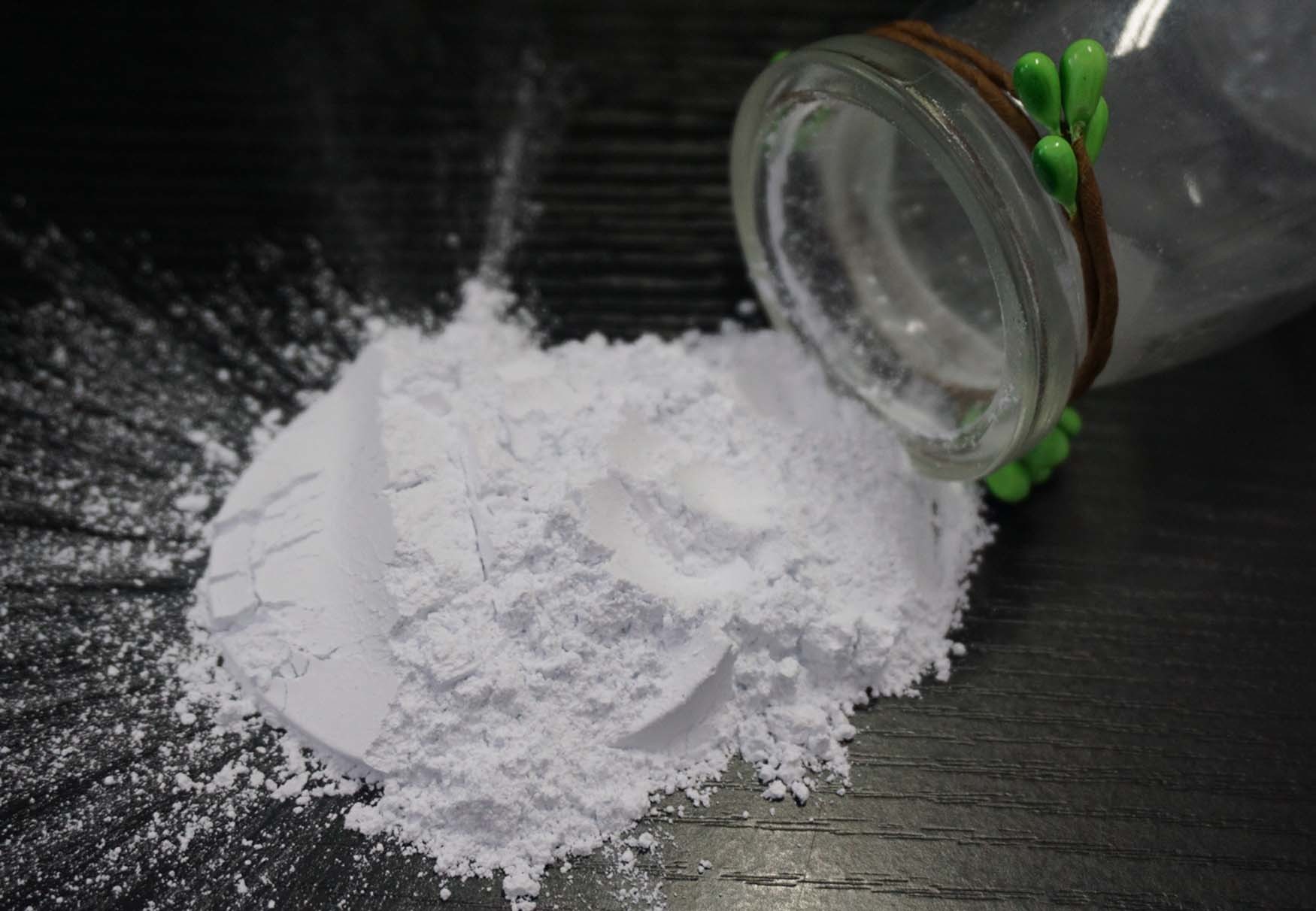

Farming Industry
The Farming Industry uses talc to help preserve their cattle feed. Talc forms an anti-caking wrap on the feed that helps moisture from entering or leaving the feed. Talc is also used to help reduce the bacteria in the feed troughs for the animals.
Talc is used in fertilizer as Anti-caking agent and also as a medium for Insecticide transfer.
Electrical Industry
Electrical Insulators are often made with talc. This lowers the wasted energy produced from electrical devices.
Cables: To improve electrical insulation and flame retardancy.

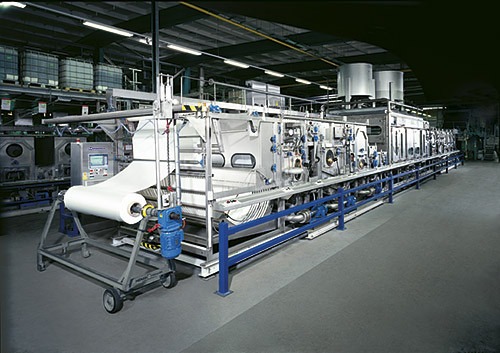
Textile Industry
Finely ground Talc is used for bleaching of cotton sacks.
Some Other Uses

Talc accelerates sedimentation of bacteria in Wastewater Treatment Plants.
Talc makes a wonderful Smooth Filler for many products. Pencils need talc to keep their softness and improve their adhesion.
Counter Tops are often made from the mineral talc. Talc’s resistance to chemical acids and bases make it the ideal substrate.
Talc is an Odor Absorber and improves Heat Resistance in many industrial products.
Talc is used by the Gymnast to dry their hands for a better grip on rings, beam, floor, bars, vault and horse. In addition, talc is used on the gymnasts feet so they may get a better foot grip on the beam and floor. Gymnastic equipment is usually covered with talc after a practice.
Cereal polishing, shoe polish, ink, dry fire extinguishing powder, many floor waxes and joint compounds include talc as well.
Plastics Industry

It improves impact absorbing strength, gives stability, and helps in the electrical insulation of plastics.
Talc helps to improve plastic’s ability to resist chemical and heat forces, as well as improves plastic’s hardness, tensile strength and stiffness.
Talc has a huge demand as the filler mineral in plastics, because it is platy, inert, and an electrical resistance.
Rubber Hoses, Membranes, Sealing, Stoppers & Tires:
It helps give rubber its bounce. Rubber hoses made with talc are used in just about every automobile on the market. With its high heat resistance and bonding power talc helps make the hoses less permeable.
Mould Releasing and Filler for the dispersion of carbon Black.
Personal Care Industry
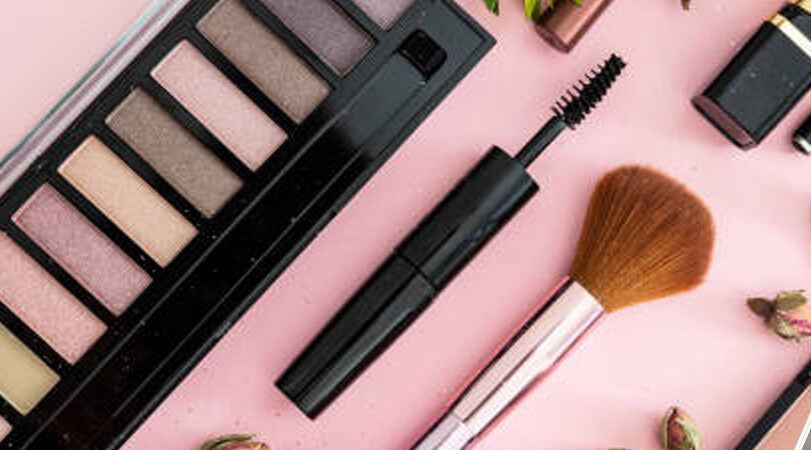
Due to Inert, soft and fragrance-retentive nature of Talc; it is used in manufacturing of Cosmetic Products.
The softness and oil absorption it offers make it a primary ingredient in blushes, eye shadows and powder compacts.
The Oleophilic nature of talc makes it popular for dusting on the body in both baby powder and body cream. It helps absorb wetness and odor produced by the human body.
The powder can be applied to help in chaffing and rubbing of the body extremities.
Foot powder is usually made from talc, to help stop odor and wetness.
Talc used in cosmetics is required to be of high purity and is reduced to fine particles for preparation.



